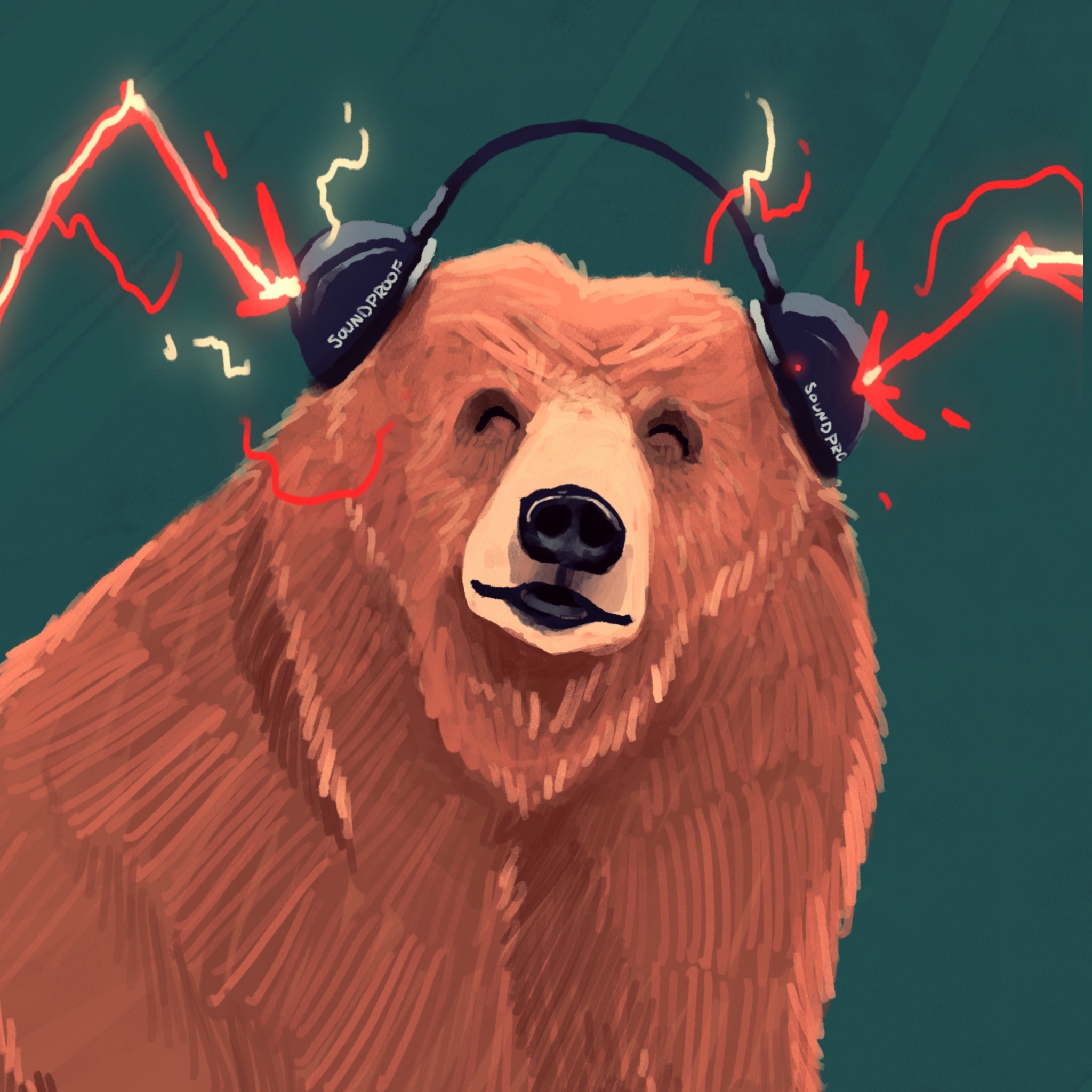October is National Protect Your Hearing Month. Hearing protection is easy to overlook, but that’s a big mistake, because hearing loss is irreversible. The good news is that it’s also preventable.
Noise-induced hearing loss (NIHL) is a leading cause of hearing loss, but it’s also the only one that is entirely preventable. As the name implies, this type of hearing loss occurs when someone spends too much time around sound that is too loud. It usually comes on gradually after years of exposure. While rock concerts, sporting events and other live shows can expose people to unsafe levels of sound over the course of one night, another source risks exposure every day: the workplace.
Certain workplaces, such as manufacturing or construction, expose workers to potentially unsafe sound levels regularly. Loud machinery, vehicles and other environmental factors can damage workers’ hearing, especially after prolonged exposure. The National Council on Aging (NCOA) reports that sounds under 70 decibels are safe, while sounds above 70 decibels can harm your hearing. According to the CDC, 22 million workers are exposed to potentially harmful noise at work each year. About 24 percent of hearing difficulty among workers is caused by occupational exposure. Taking proper precautions in noisy workplaces can save your hearing, which you can’t get back once it’s gone.
- Know when your hearing is in danger. Prolonged exposure to sounds that are 85 decibels (dB) or more can cause hearing damage. For reference, a normal conversation is about 60 dB, a motorcycle engine is about 95 dB, a siren is about 120 dB and a fireworks show is about 150 dB. Anything over 120 dB can cause immediate damage. If you have to shout to speak to someone who is less than three feet away from you, the noise level is likely above 85 dB.
- Know the signs of hearing loss. Other than the obvious symptom of a diminished ability to hear in your everyday life, there are several signs that your hearing could be in danger. If you hear ringing or humming in your ears or temporarily lose your hearing after work, you could be experiencing hearing loss. Trouble hearing certain words, muffled hearing or often asking people to repeat themselves also may be signs of damaged hearing.
- Know how to protect yourself. Hearing protection devices such as earplugs and earmuffs can protect your hearing at work. OSHA regulations require employers to provide PPE for workers who are exposed to loud noises on the job.
- Use that protection! Studies show that 53 percent of noise-exposed workers do not wear hearing protection at work. Common reasons are discomfort, lack of availability and lack of training on the importance of hearing protection. Employers in industries where noise protection is necessary must take the time to provide comfortable, accessible hearing protection devices to every employee who may need one.
By being proactive, you can prevent workplace-related hearing loss and protect your ears from dangerous exposure. If you haven’t yet taken the time to consider your hearing safety, October is the perfect time to start.
If you experience any level of hearing loss, work-related or otherwise, consult your doctor.






